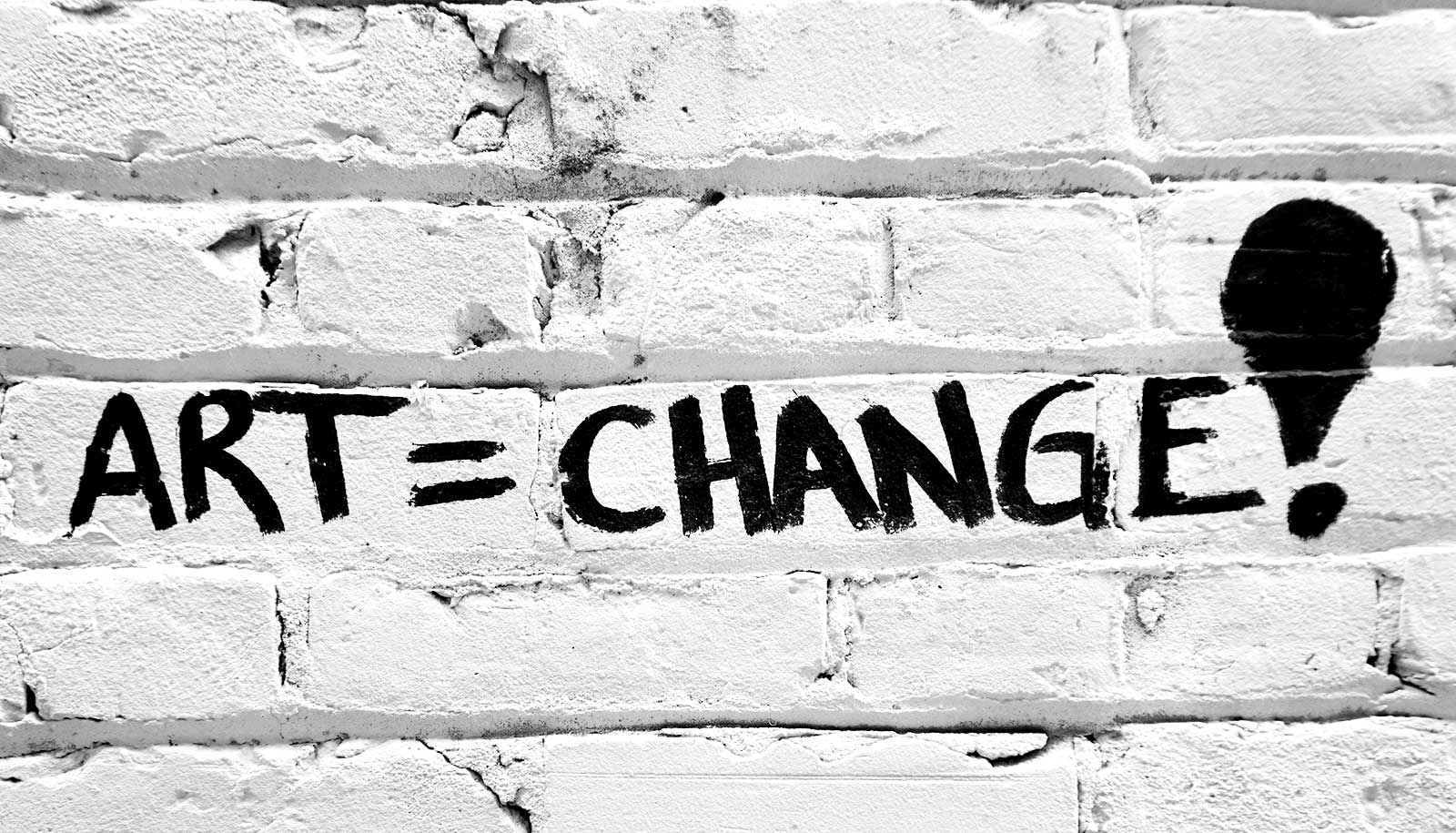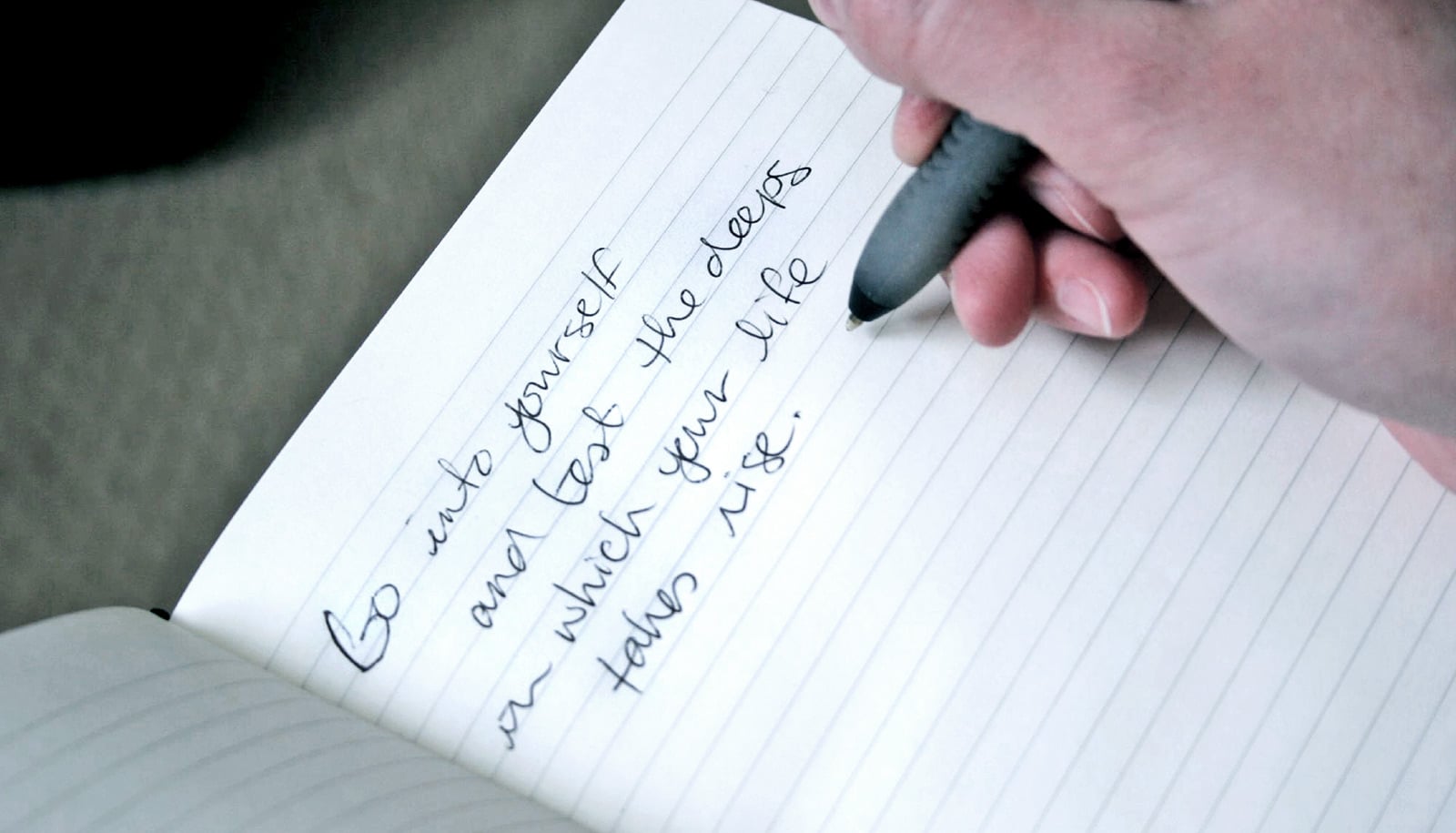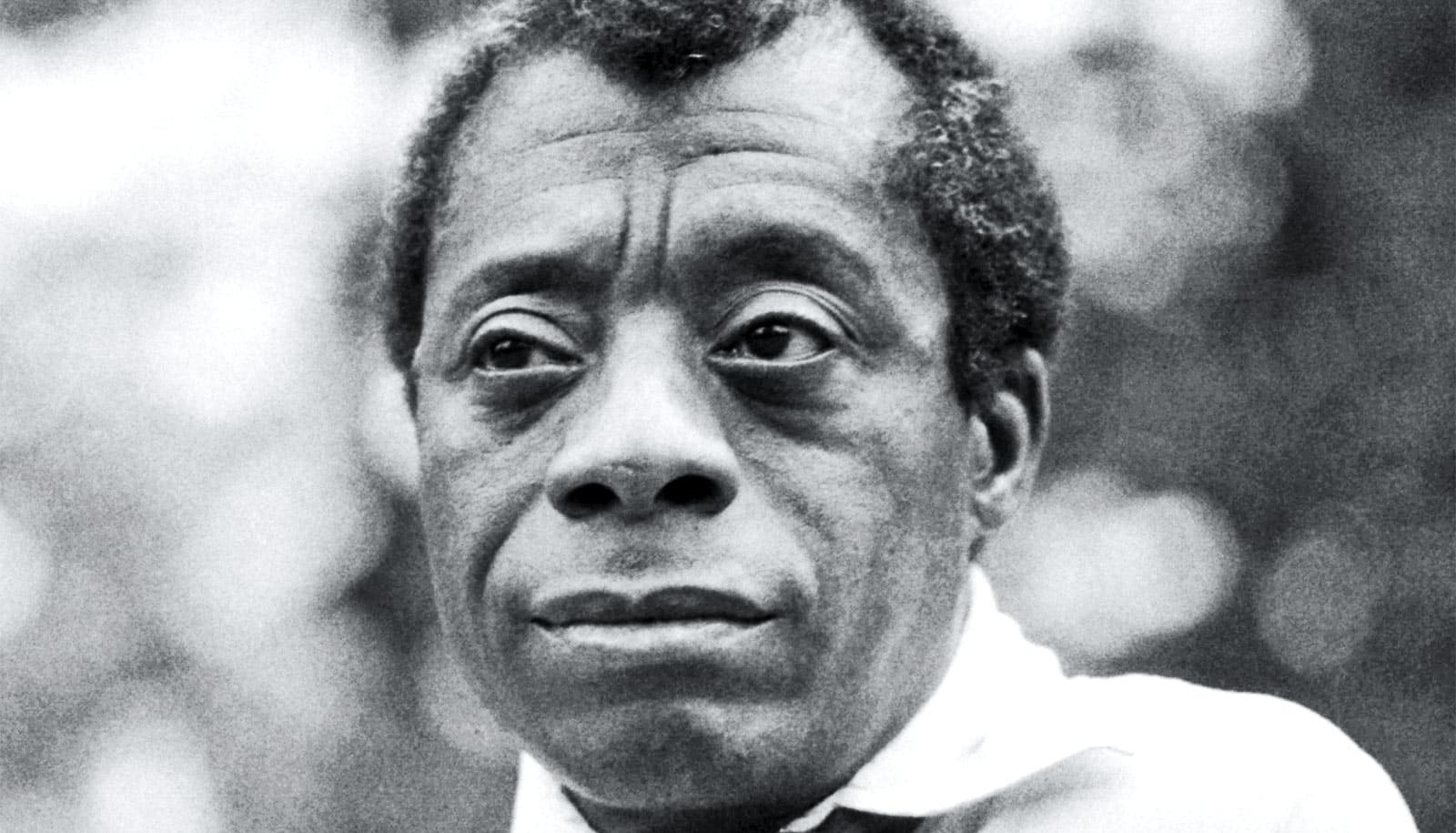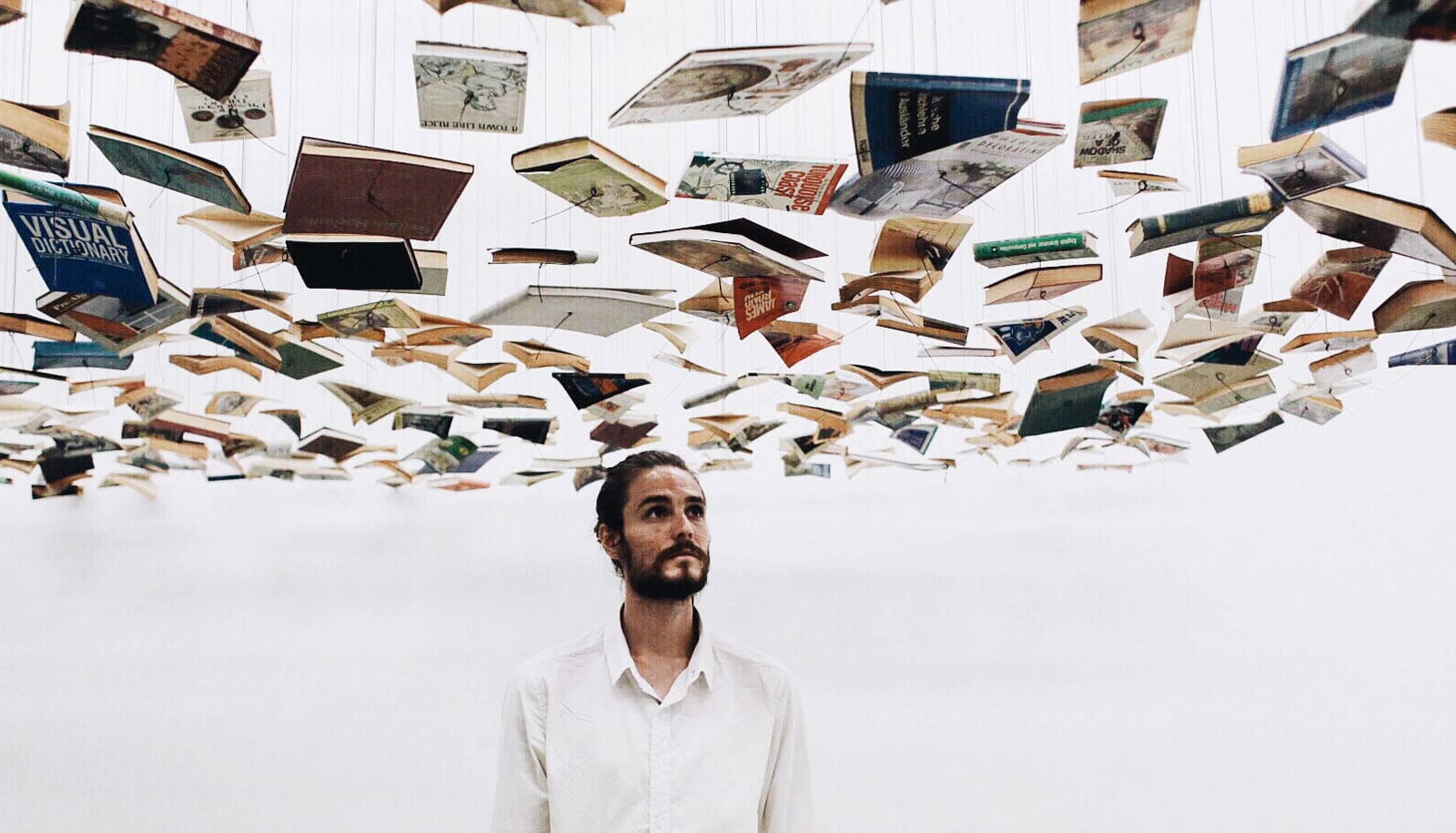The arts have both opposed and served authoritarian regimes, says poet and translator Eugene Ostashevsky.
It’s a harrowing time to speak out as a feminist or advocate for LGBTQ+ rights in Russia.
The signing by president Vladimir Putin of the country’s federal “gay propaganda law” in 2013 “coincided with an uptick in often-gruesome vigilante violence against LGBT people in Russia,” Human Rights Watch concluded in a 2018 report, and was followed by the killing of an LGBTQ activist and related atrocities. Feminist activists have been similarly targeted under Russian law.
Even in Europe and the United States, where the Supreme Court struck down the Defense of Marriage Act and paved the way for legalizing same-sex marriage with a pair of 2013 rulings, progress on LGBTQ+ equality remains uneven at best, with new legal gains often precipitating a backlash by those seeking to roll back rights. Still, in those nations, citizens can combat such efforts through the ballot box or changes in governmental policy—pathways not available in Russia.
So what do activists there do? Many have turned to a weapon deployed by demonstrators and dissidents over centuries: the written word and, specifically, poetry.
“For me, poetry is a form of politics and of protest,” poet Galina Rymbu recently told Time magazine, which cast her as part of a new generation of Russian poets “challenging state, societal, and patriarchal norms with poetry that draws from personal experience.”
“I believe that poetry, and language more broadly, is capable today of changing the world politically.”
To get her verses, and those of other Russian-language poets, to the English-speaking world, Rymbu worked with global liberal studies professor Ostashevsky and Ainsley Morse, assistant professor of Russian at Dartmouth College, to produce F-Letter: New Russian Feminist Poetry.
The anthology features the work of women poets as well as feminist and LGBTQ+ activists associated with the Russian poetry collective F pis’mo.
Here, Ostashevsky speaks about the role poetry has played as a form of dissent:
Authoritarian regimes have historically attacked some forms of art while celebrating others—perhaps most notably the Third Reich’s “Great German Art Exhibition,” featuring works it favored, and “Degenerate Art Exhibition,” displaying those it sought to ridicule. How are the arts used to serve dictatorships?
Dictators don’t hate art—they just they want to control it. But today they want to control it much less than they did in the 1930s for obvious reasons—because the arts are just much less important now. That being said, the arts in a very broad sense are behavioral models. They carry perspectives or ways of looking at things. They emphasize certain things and don’t emphasize other things.
What’s going on in Russia now is that, unlike in the USSR, artists no longer get in trouble for aesthetic choices, and there is even some government funding available. Artists can get in trouble for political choices, however. There are all sorts of no-go zones. You can’t really talk about police brutality, you can’t talk about corruption, you can’t talk about the annexation of Crimea, and you can’t talk about the war in Ukraine. And, curiously, you can’t really talk about gender inequalities because the regime is presenting itself as a defender of “traditional values”—totalitarian regimes do that habitually.
Poetry as a tool for dissent is nothing new in Russia or elsewhere. But is there an aspect to Russian verses that gives them, dating back to the czars or the Bolsheviks, a resonance or power unique to the region?
The idea that serious poetry can be outspoken about specific political issues is controversial in Russia. Why? Because the government, going back to the Soviet era, wanted poets to be political—”political” meaning in support of the state. This, in turn, created an underground of poets who were defiantly apolitical and who conceived of themselves as apolitical. So at a time when everybody is asked to write in a certain kind of politics, and you don’t do it, then it’s like flipping the bird. That created the situation where you couldn’t be considered both a serious poet and say that you’re a political poet.
In the Soviet period, they could write about politics in their underground essays and they could participate in the dissident movement as activists, but dissent wouldn’t really show up in their poetry. Their poetry, by virtue of not being “political,” was political already. Now we have a completely different configuration of young people who are saying that I’m a poet and I’m an activist—for whom being a poet and being an activist are two sides of the same coin. So it took a whole generation after the Soviet Union for young people to be able to say, “I’m a serious poet and I’m political.”
Many agree that the written word is best appreciated when read in the language in which it was composed—a truism perhaps most relevant to poetry because each word or line carries significant meaning. As a translator, how do you seek accurately capture a poem’s force given the relative brevity of the form?
It really depends on the poetry. Some poetry is much more translatable than other poetry. And this has to do with the conventions that the poet uses. Very often when we read, and I say this not just as a translator, but as a literature professor, we project our ideas. As a translator, you need to really watch out that you don’t wind up obscuring the other person with your projections, but rather that you facilitate this person’s speaking. There’s something Socratic about that because you’re helping somebody speak in another language.
For modern poetry, it’s not so hard to translate. But when you get to 18th or 19th century, that’s really, really tough. First of all, the language is different, so you don’t really know what kind of language to translate it into, old or new. With contemporary poetry, it’s written in contemporary Russian, so you translate into contemporary English, and it’s often written with shared or similar conventions, unlike the poetry of the past.
Are there ways in which contemporary verses present more challenges that older works?
This is very complicated. When you deal with a coherent, unified tradition, such as you would in the 19th century, there’s not that much space for identity formation in poems—and identity formation in poetry is very, very important. In a more traditional society like you have in the 19th century, you’re going to have much less variety in statements of “This is what I want” and “This is who I am.” You will be judged on other things—the kind of rhymes that you use, the diction, and the metrics. In older poetry, it has to do more with the conventions of the form rather than content of expression, whereas now you have less rigorous linguistic conventions. But the kind of society that we have today is much more complicated and there’s more variety in it.
Often, the function of poetry today has to do with exploring identity and that, in lots of ways, is less difficult to translate. For instance, if you’re writing about being gay in a society that’s not friendly toward LGBTQ+ people, this is something that the reader, in a sense, already has ideas about. So you can rely on the social knowledge of the reader to translate in cases where the societies are not that different.
Source: NYU



